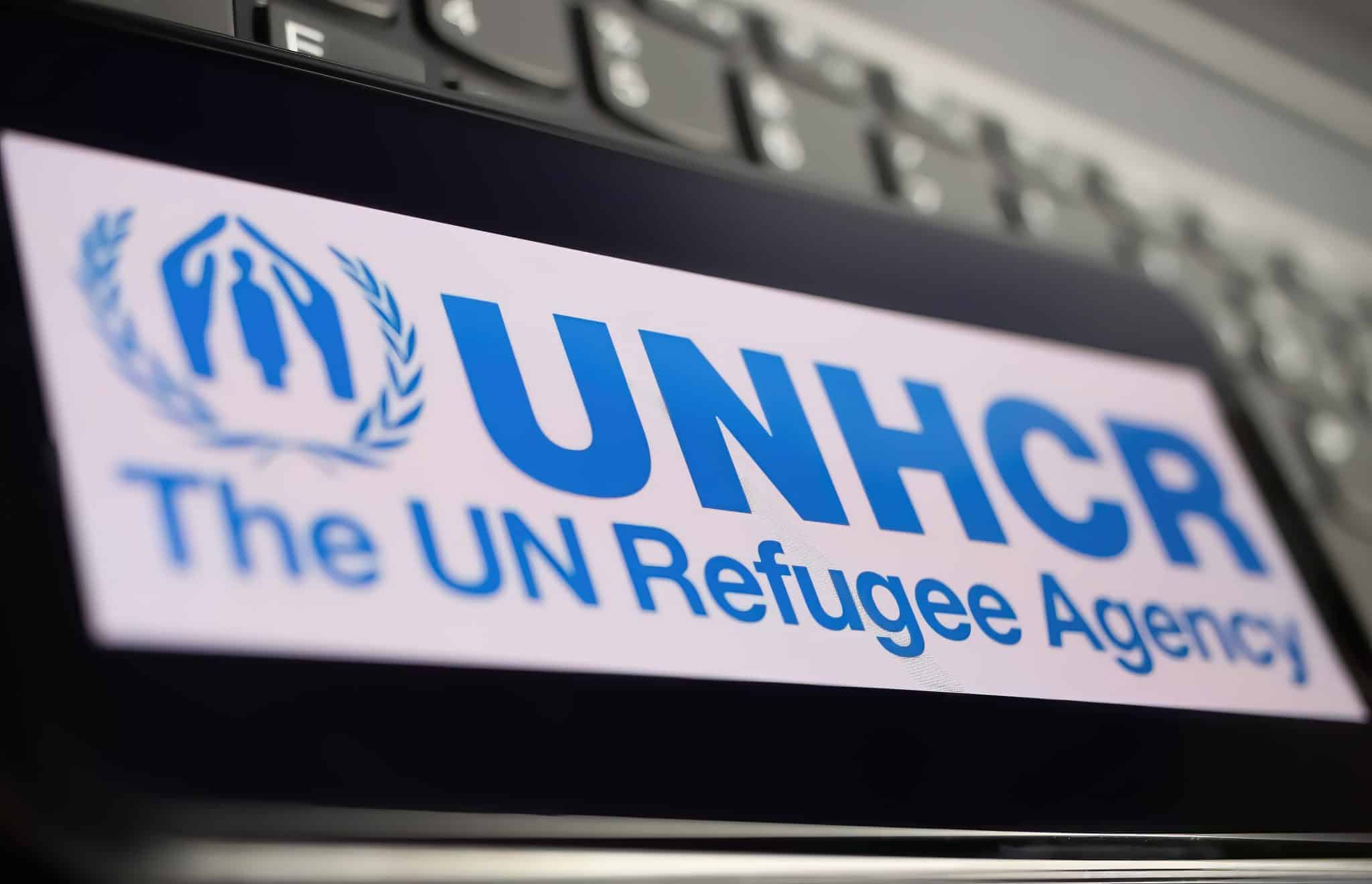The UN refugee agency is working on decentralized digital ID utilizing blockchain to protect the identity of people crossing borders is risky situations.
UNHCR Division of Financial and Administrative Management Treasurer Carmen Hett said during a panel discussion at Decentral House in Switzerland at the close of 2023. The panel also included representatives of the World Trade Organization and International Telecommunication Union, and focussed largely on how to build support and acceptance for the use of blockchain within agencies that are operationally conservative.
There are 114 million displaced people around the world, according to Hett, and the UNHCR’s challenge is to deliver the assistance they need and support their financial inclusion, based on accurate information. Aid is deposited in refugees’ digital wallets to give them some degree of control over how the funds are spent.
Hett admits some skepticism among UNHCR staff about the use of blockchain, but says with the first use case delivered successfully, the project is now scaling up.
The use of blockchain for aid payments means that UNHCR can provide aid “within literally minutes,” Hett says, and does so “at zero cost.” This promise allowed her to challenge skeptics within her organization to come up with a reason why blockchain could not be used.
Delivering aid in the form of USDC stablecoins deposited in a digital wallet also builds the digital and financial literacy of refugees, Hett argues.
That is the model used to deliver aid directly to people fleeing the Russia’s war against Ukraine, using biometrics to verify the identity of recipients. The project won the “Best Impact Project Award” at Paris Blockchain Week 2023.
The UNHCR’s next use cases for blockchain is fundraising through a staking pool and the production of NFTs to raise awareness of the agency’s work.
Digital identity not only goes along with the digital wallet, but also carries particular risk for refugees. For this reason, Hett says, UNHCR is considering how to use zero-knowledge proofs (ZKPs) to protect refugee’s data.
For the benefits of technical tools like ZKP to be realized, however, more regulatory work is needed, Hett says.
Tags: Blockchain, Crypto News
